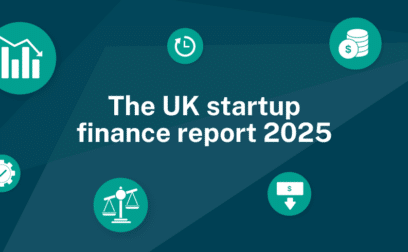Summary
De minimis aid refers to a type of state aid that is considered too small to impact competition and trade in the internal market.
What is de minimise state aid?
Under European Union rules, which still influence UK state aid policies post-Brexit, de minimis aid allows public authorities to provide small amounts of financial assistance to businesses without the need for prior approval from the European Commission. The aid is limited to a specific threshold to make sure it remains minimal and does not affect competition.
As of the guidelines, de minimis aid to any single business must not exceed €200,000 over a rolling three-year fiscal period. For the road transport sector, the limit is lower at €100,000. This aid can take various forms, including:
- Grants
- Business loans
- R&D tax credits
- or subsidised services.
The intent is to support small and medium-sized enterprises (SMEs) without requiring them to navigate the more complex approval processes typically related to larger state aid measures.
To ensure compliance, businesses receiving de minimis aid must keep detailed records of all such assistance and declare it when applying for new aid. This helps public authorities monitor the total amount of aid provided and prevent breaches of the thresholds.
De minimis aid is beneficial in promoting economic activities, innovation, and growth among SMEs by providing financial support for various projects and initiatives. However, it must be managed carefully to comply with the prescribed limits and ensure transparency and fairness in the allocation of public resources.
Example of de minimis aid
A small bakery decides to expand its operations by purchasing new baking equipment. The local council offers the bakery a grant of £15,000 under the de minimis aid rules to help cover the cost of this equipment. This financial assistance allows the bakery to upgrade its facilities without the burden of debt, increasing its productivity and product quality.
Because the grant falls within the de minimis threshold of €200,000 over three years, the bakery can accept it without needing to undergo a lengthy approval process. This helps the bakery grow more quickly and compete more effectively in the local market.


































 yet? Register here!
yet? Register here!